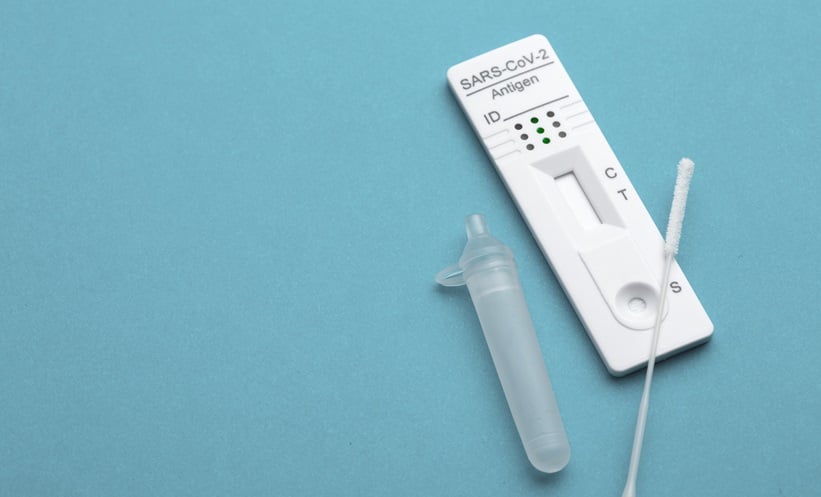NEW research has revealed that myocarditis is a significant consequence of COVID-19, with over half of the recovered patients showing cardiac injury through cardiac magnetic resonance (CMR) imaging. COVID-19 has been associated with various complications, including significant morbidity and mortality, particularly in relation to cardiac health. Given the increasing number of individuals recovering from COVID-19, understanding the potential cardiac implications is critical. This study aims to investigate the incidence of myocarditis in patients who have recovered from COVID-19 and undergone CMR, thereby highlighting the need for ongoing assessment of cardiac health in this population.
This retrospective cohort study was conducted at a single centre and included recovered COVID-19 patients who underwent CMR between January 1, 2020, and December 31, 2021. A total of 54 patients were identified, all of whom had no prior history of myocarditis or heart disease. Baseline characteristics, including demographics, co-morbidities, and clinical parameters, were meticulously recorded. The primary endpoints were the presence of myocardial oedema and late gadolinium enhancement (LGE), which are indicative of myocarditis. Results showed that 29 of the 54 patients (54%) had positive CMR findings for myocarditis. The majority of these patients (57%) experienced mild COVID-19 infection, with common symptoms including dyspnoea (28%) and palpitations (22%). Among those with CMR evidence of myocarditis, 31% exhibited myocardial oedema. Importantly, 20% of these patients presented with impaired left ventricular ejection fraction (<50%), while 10% had impaired right ventricular ejection fraction (<50%). No significant differences were noted in left or right ventricular systolic function between groups.
The findings indicate that myocarditis can persist following COVID-19 recovery, underlining the importance of utilising CMR as a sensitive imaging modality to detect potential cardiac injuries in these patients. Given the substantial percentage of recovered patients exhibiting signs of myocarditis, clinicians should remain vigilant in monitoring cardiac health post-infection, especially for those with lingering symptoms. Future considerations should focus on larger, multi-centre studies to better understand the long-term cardiac outcomes associated with COVID-19, which could significantly impact clinical practice and inform guidelines for the follow-up of patients with a history of COVID-19.
Reference
Tugade RER et al. Incidence of myocarditis among patients recovered from COVID-19 identified using cardiac magnetic resonance: a 1-year single-centre retrospective study. JAPSC. 2024;3:e36.








